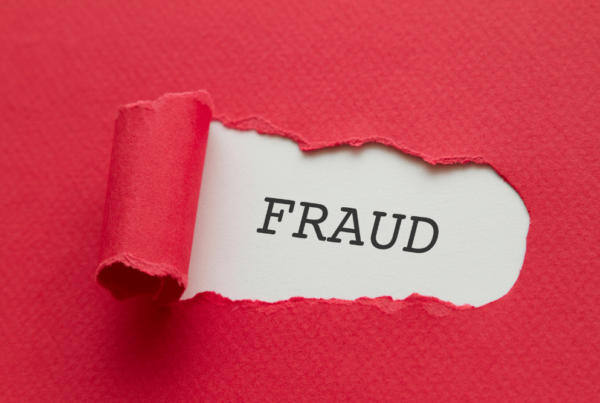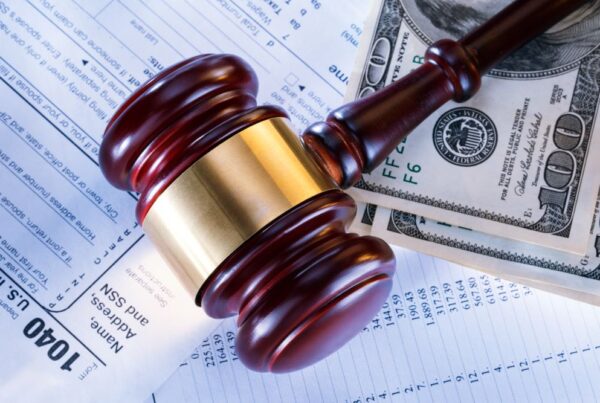WHITE COLLAR CRIMES
Federal Embezzlement Defense Attorney
18 USC 641: Understanding the Components of & Penalties for a Federal Embezzlement Sentence
Embezzlement under U.S. federal law is a white collar crime that involves the theft of money, property, or other things of value. Embezzlement is slightly different from other theft crimes, in that the rightful owner consensually gives up possession of the property in question. Moreover, federal embezzlement crimes must involve U.S. government property or a similar federal interest.
What is the Federal Definition of Embezzlement?
All the way back in 1895, the U.S. Supreme Court provided an overarching definition of embezzlement in the landmark case of Moore v. United States. Under the Supreme Court definition, embezzlement occurs when a person is legally entrusted with property by the rightful owner. But at some point thereafter, the person fraudulently takes the property in question with the intent to deprive the rightful owner.
In this context, there is a key difference between embezzlement and other theft crimes. In cases of embezzlement, the rightful owner turns over or consents to a person taking the property. Then the person illegally deprives the rightful owner of use. In cases of larceny or theft, the original taking occurs without the rightful owner’s consent.
18 USC 641: How Does Federal Law Address Embezzlement of Government Property?
18 U.S Code Section 641 establishes the crime of embezzlement of U.S. government property. Typically, the following legal elements are required to prove the crime of embezzlement:
- There is a trust or fiduciary relationship between the rightful property owner and the perpetrator;
- The U.S. government owns the property or has an interest in the property;
- The perpetrator took possession of the property in the course of their employment;
- The perpetrator fraudulently converted or appropriated the property for their own use; and
- The perpetrator intended to deprive the rightful owner of use of the property.
Embezzlement qualifies as a specific intent crime, as the perpetrator must intend to deprive the rightful owner of use. But unlike other theft crimes, embezzlement does not require the perpetrator to intend to permanently deprive the rightful owner. Therefore, it does not matter if the perpetrator later returns the property to the rightful owner. Restoration of the property does not excuse embezzlement.
18 USC 666: How Does Federal Law Address Embezzlement from Government-Funded Organizations?
18 U.S Code Section 666 details the crime of embezzlement from U.S. government-funded organizations. The legal elements required to prove this crime are similar to those described in the previous section. But for federal law to apply, there is a crucial financial requirement.
To qualify as a violation of Section 666, the perpetrator must embezzle property from an organization that received at least $10,000 in federal assistance within the past year. If such an organization did not receive the required federal assistance in the 365 days before the alleged embezzlement, it does not qualify as a violation of Section 666.
Penalty for Embezzlement Under Federal Law
Whether the perpetrator violates Section 641, Section 666, or a similar statute, the federal penalty for embezzlement is usually the same. Any person who commits embezzlement can face a 10-year prison sentence and fines equal to the value of the embezzled property. Though if the embezzled property is worth less $1,000, the perpetrator may only face a one-year prison sentence.
Contact Our Experienced Embezzlement Defense Lawyers Today!
White Collar Crimes
Recent Posts






